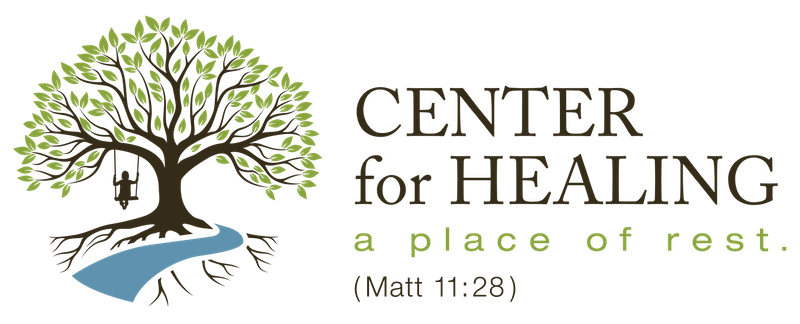
I write this column to reflect on my experience of clients who don't have a clear cut trauma, who wonder where their symptoms and pain come from and who wrestle with the hope that healing is possible.
Trauma is typically and understandably thought of as a horrific event that happens which alters life. This is true. However what about the building blocks of life that are supposed to happen that don't? What if love and affection were consistently withheld? What if a critical parent berated you daily over your character or looks? Many times unbearable loneliness is a foundation for childhood. These are all in the secret and often hard to identify.
Bessel van der Kolk in his book 'The Body Keeps the Score' (2014), notices that the effects of childhood abuse are similar to those who have been neglected, lost, criticized in a toxic way or left alone. This helps explain why symptoms of 'hands on' abuse often look similar to emotional neglect such as the father wound of absence or the mother wound of shaming. If some of this rings true to you, don't underestimate the power of what psychologists (Dr. Todd Bowman) call the 'little t' effect.
After discovering and naming some of these 'little t' traumas, a client typically sees how alone they have been, at least internally. The main question I would ask fits with the antidote for loneliness: what are your defenses to allowing someone in? Minimizing, suppressing, anger and storytelling are only a few blocks to receiving love. What maneuvers are in your toolset to keep people at bay, especially the ones you love? They probably served you well at the time of the pain (ie childhood), but now they are outdated.
The accumulation of small traumas over the years add up. You are worth God's love for you. You are worth the affection and compliments your loved ones want to give you. You are worth receiving that you are lovable.
Peace
Michael Ciaccio MS, LPC, SATP



